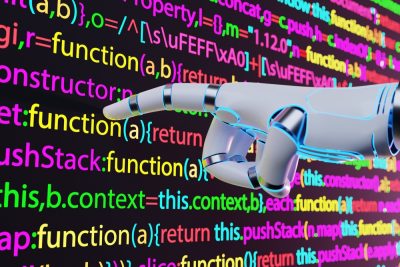Highlights:
- To improve Bard’s ability to reason and use logic, it now generates and runs code.
- Google has released a steady stream of updates since Bard’s February debut.
The generative artificial intelligence chatbot Bard recently received a significant update from Google LLC that would improve its logic and reasoning abilities.
According to Google Bard Product Lead Jack Krawczyk and Engineering Vice President Amarnag Subramanya, the updates should improve how Bard handles string manipulation, coding problems, and mathematical problems.
The company’s response to OpenAI LP’s ChatGPT is Google Bard. It is driven by Google’s large language model LaMDA, released in 2021. LaMDA, in turn, is based on a Transformer architecture for neural networks. The architecture’s neural networks are more accurate than earlier AI models because they can consider the context of a word or sentence when attempting to interpret its meaning.
Google has continuously announced updates since Bard’s February debut. In March, Google announced that it had improved Bard’s ability to respond to questions involving math and logic and that it was working to produce responses of a higher caliber in this area. Krawczyk and Subramanya reported that Google has since developed a new structured and logic-driven system for Bard that enables it to recognize “computational prompts” better.
They wrote, “A new technique called “implicit code execution” helps Bard detect computational prompts and run code in the background. As a result, it can respond more accurately to mathematical tasks, coding questions, and string manipulation prompts.”
They claimed that Bard would become more adept at responding to questions like:
- What are the prime factors of 15683615?
- Calculate the growth rate of my savings.
- Reverse the word “Lollipop” for me.
According to Krawczyk and Subramanya, LLMs can be viewed as prediction engines that produce their responses to a prompt by foretelling what words are most likely to appear next. They said that this makes them outstanding at language and creative skills but less so at logic and math. Therefore, Bard cannot solve complex problems that require sophisticated logic and reason from LLM output alone.
To improve Bard’s ability to reason and use logic, it now generates and runs code. Google believes that the new system can improve Bard’s accuracy in answering computation-based word and math questions by approximately 30% over the original – LLM-based Bard. However, Google cautions that Bard may only sometimes get it right, as it may misunderstand and fail to generate the necessary code to support its response or generate the incorrect code.
With improved logic and reasoning, Bard now has a new function that enables Sheets, Google’s cloud-based Excel alternative, to edit and manipulate the data it generates. Although it is a relatively minor update, those who frequently create and modify spreadsheets may find it helpful.














